In 1994, knowing that I was in Hanoi , Professor Hoang Chuong contacted and sent a car to pick me up with two Binh Dinh delegates to Gia Lam to attend a small meeting of Binh Dinh compatriots. When we arrived, we saw Senior Lieutenant General Nguyen Nam Khanh, Dr. To Tu Ha - Deputy Head of the Government Organization Committee and Director of the Civil Aviation Authority of Vietnam Nguyen Hong Nhi happily chatting there. At that time, I was sitting next to a guest who, although not from Binh Dinh, had many ties to Binh Dinh - poet To Huu.
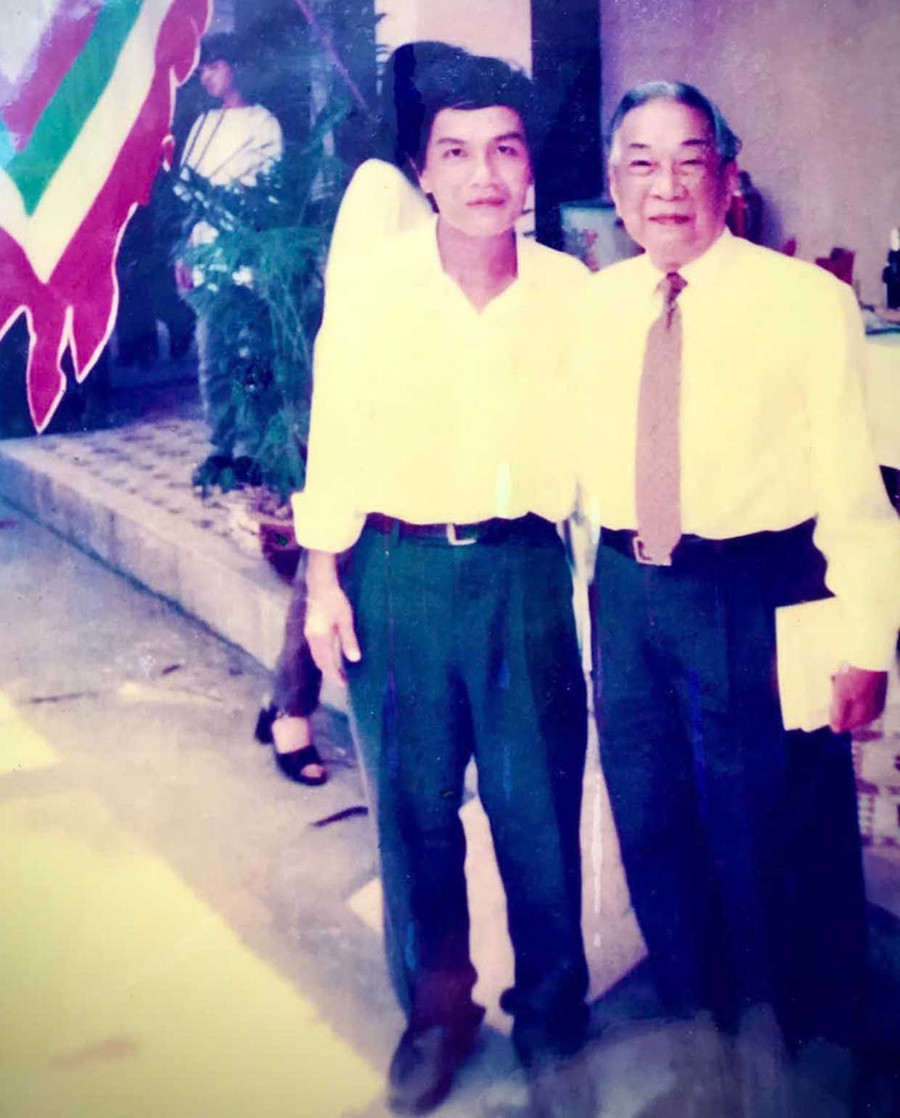
Professor Hoang Chuong introduced me again. Besides giving a very detailed introduction about To Huu through the periods, he also emphasized that this person is even more Quy Nhon than Quy Nhon! This forced me to take advantage of every minute to be with him. Indeed, from the conversation, through To Huu's story, a corner of Quy Nhon, hard-working, simple and revolutionary, emerged.
***
That day, the poet told me a lot about Quy Nhon before the August Revolution. Many elderly fellow countrymen gathered around, rhythmically reading To Huu’s Song of Exile: “The road through Quy Nhon streets/ Why do the houses look more lovely than ever/ People walking around wrapped in their clothes jostling each other/ Oh, it feels like we’ve known each other for a long time…”.
To Huu said that: Before the August Revolution, he was imprisoned in Quy Nhon prison many times. In April 1941, he completed his 2-year prison term, after being transferred from Lao Bao to Buon Ma Thuot for a while, he was escorted to Hue. Then, using the excuse that he had to "pay off his debt" for another 6 months of "increased sentence" for the struggle in Lao Bao, the enemy took him to Quy Nhon by train and detained him in Quy Nhon prison for a few days before being transferred to Dak Glei prison in North Kon Tum . After being imprisoned in Dak Glei prison for more than a month, the enemy brought To Huu back to Quy Nhon because of the order to "pay off his debt" for the 6 months of increased sentence for the struggle in Hue.
Thanks to knowing the book From Then, I occasionally interjected questions about To Huu’s prison life. He told me that comrade Lung was an electrician who had been arrested a few weeks before and was lying next to his cell. Every night, unable to sleep, he often heard the childish voice of a little girl selling tapioca dumplings, small and weak, coming from the street. When he woke up in the morning, his fellow prisoner Lung asked him:
- Hey, last night, did you hear that girl selling cakes?
To Huu replied: Yes, every night I hear it calling outside the prison wall, as if asking if I would buy it, how pitiful!
Prisoner Lung laughed hysterically: That's my youngest daughter, only 8 years old but every night she has to sell cakes for her mother. He knows I'm in here so he intentionally shouts loudly for me to hear. Isn't it heartbreaking?
The poem "A Night Call" by To Huu was born in that choking feeling.
At that meeting, I took the opportunity to ask him if the 9 poems in the collection From Then were written in Quy Nhon according to the postmark he had written, he immediately confirmed. This was the basis for me and the poets Truc Thong, Be Kien Quoc, Le Van Ngan, Ngo The Oanh to later choose the poems: Get up and go, The night soldier, Three sounds, Sympathy, The returnee, The church bell, The worker's life, A night cry, The exile's song to include in the collection Binh Dinh Poetry of the 20th century.
In the joyful and friendly atmosphere, I told To Huu a story of mine. Following the General Mobilization Order, I was assigned to the 842nd Regiment stationed in Dong Hoi from 1979 to 1980. That time, having the opportunity to talk with the unit leaders, I talked about To Huu's poem "Phụt Giọt" - a poem, a bold attitude towards the Beijing expansionist army at that time. After that, I was encouraged by Regiment Commander Lu Tan Xa to talk about To Huu's poetry in the weekend activities at the companies.
On the side - "It's still me when/ The elephant's head goes to battle to save the race/ It's still me in the middle of life/ A shining mirror reflecting human love/ Four thousand years of marching/ Still leisurely on today's journey/ No matter how people's hearts change/ Vietnam still has this virgin heart...", I expanded to To Huu's poems through the periods. In the middle part, to make it more vivid, I told about the origin of Quy Nhon where To Huu was imprisoned during the pre-uprising period, presented his thoughts and will through his poems in prison, and in the last part, I depicted the mark of his poetry on the land of Quang Binh in particular, Binh Tri Thien in general where my unit - a unit of the Ministry of National Defense - was stationed.
Listening to me, poet To Huu was so happy and occasionally added about the circumstances of his writing as well as the sentiments of the army and people during the resistance war. The story continued until noon, Senior Lieutenant General Nguyen Nam Khanh came to shake hands and Professor Hoang Chuong invited him and me to the party. He did not forget to invite me to his house whenever he had the chance, he would talk about many things about the revolution, literature and life, because at this time he was recalling the old years to write his memoirs. "Although my memory has forgotten more or less about events and people, fortunately there are still some old friends living together to ask more clearly. And my poetry collections over the past 60 years are also sincere "travel companions", can be considered honest pieces of the soul of life, have helped me remember the past journey", at the age of 80, he wrote the introduction to his memoirs like that.
***
Now in Quy Nhon, there is To Huu Street along the Ha Thanh River branch. As Che Lan Vien said, “Cities in the Central region often have poets inside and the sea outside.” Occasionally, my friends and I still sit together under the shade of trees, on the street named after poets Han Mac Tu, Che Lan Vien, Yen Lan, Xuan Dieu, To Huu… listening to the wind rippling in each cup of coffee, each glass of beer… To relieve boredom, we tell each other endless stories about life, human love, having more fun with what we have had fun with and more deep thoughts about what we have pondered…
Source: https://baogialai.com.vn/to-huu-duong-qua-may-pho-quy-nhon-post565581.html


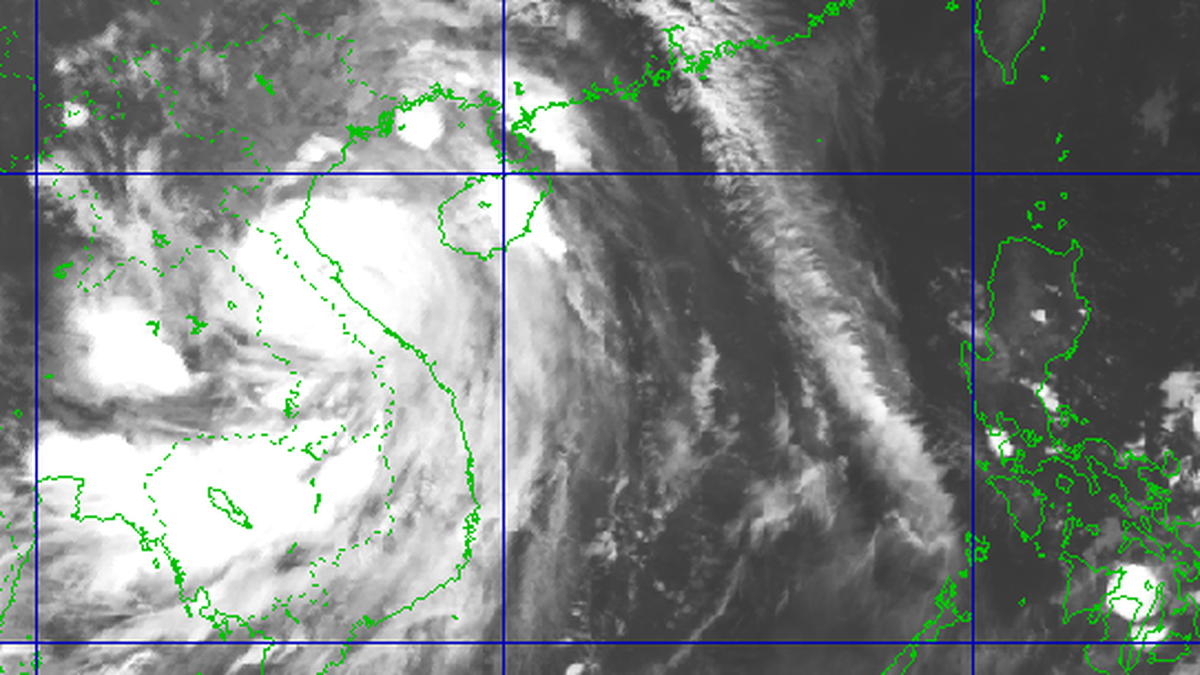
![[Photo] The 4th meeting of the Inter-Parliamentary Cooperation Committee between the National Assembly of Vietnam and the State Duma of Russia](https://vphoto.vietnam.vn/thumb/1200x675/vietnam/resource/IMAGE/2025/9/28/9f9e84a38675449aa9c08b391e153183)

![[Photo] Joy on the new Phong Chau bridge](https://vphoto.vietnam.vn/thumb/1200x675/vietnam/resource/IMAGE/2025/9/28/b00322b29c8043fbb8b6844fdd6c78ea)

![[Photo] High-ranking delegation of the Russian State Duma visits President Ho Chi Minh's Mausoleum](https://vphoto.vietnam.vn/thumb/1200x675/vietnam/resource/IMAGE/2025/9/28/c6dfd505d79b460a93752e48882e8f7e)
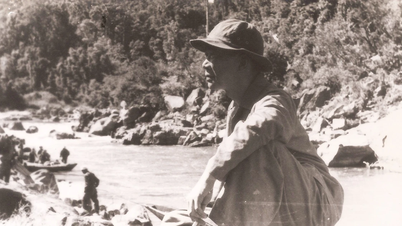





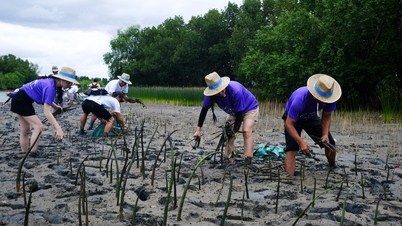

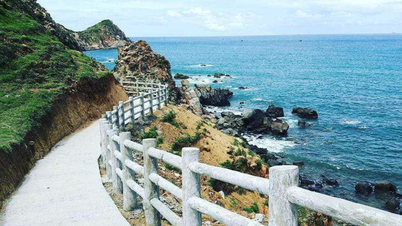



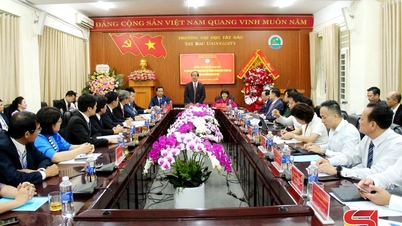

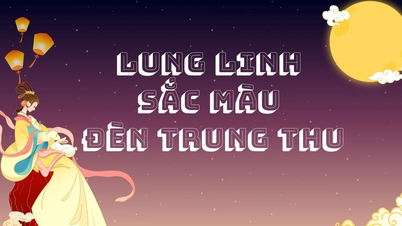


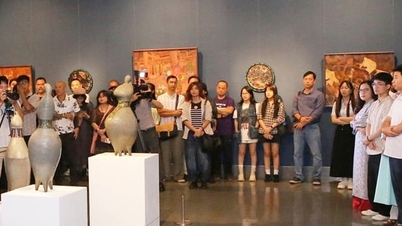






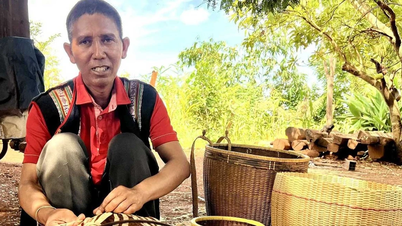

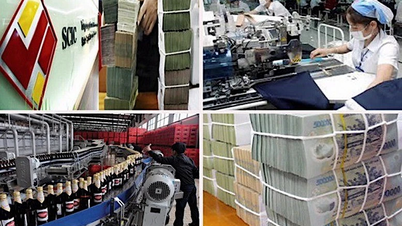
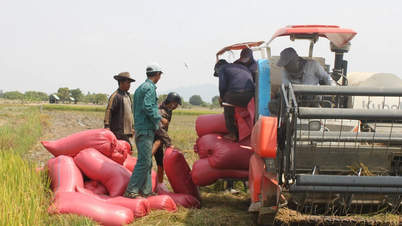

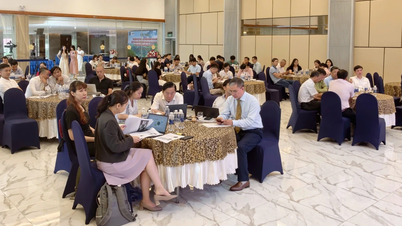























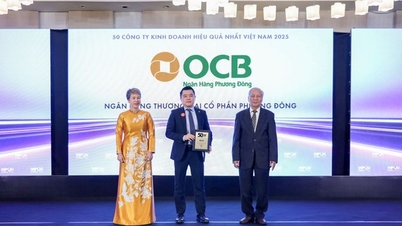


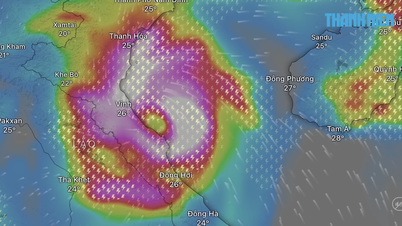















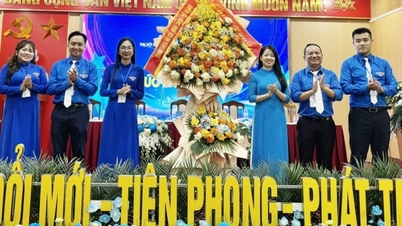
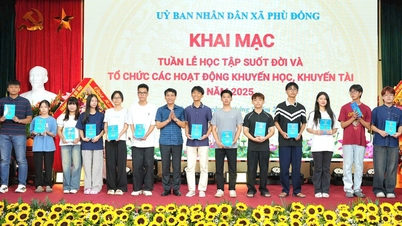
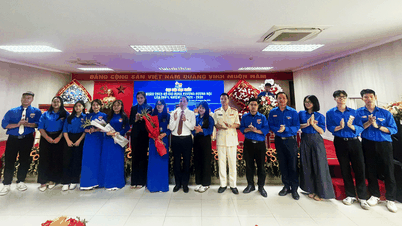
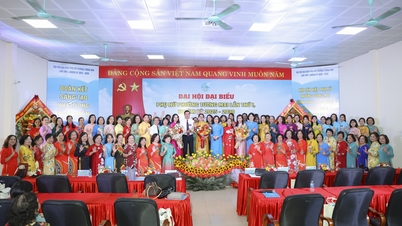














Comment (0)